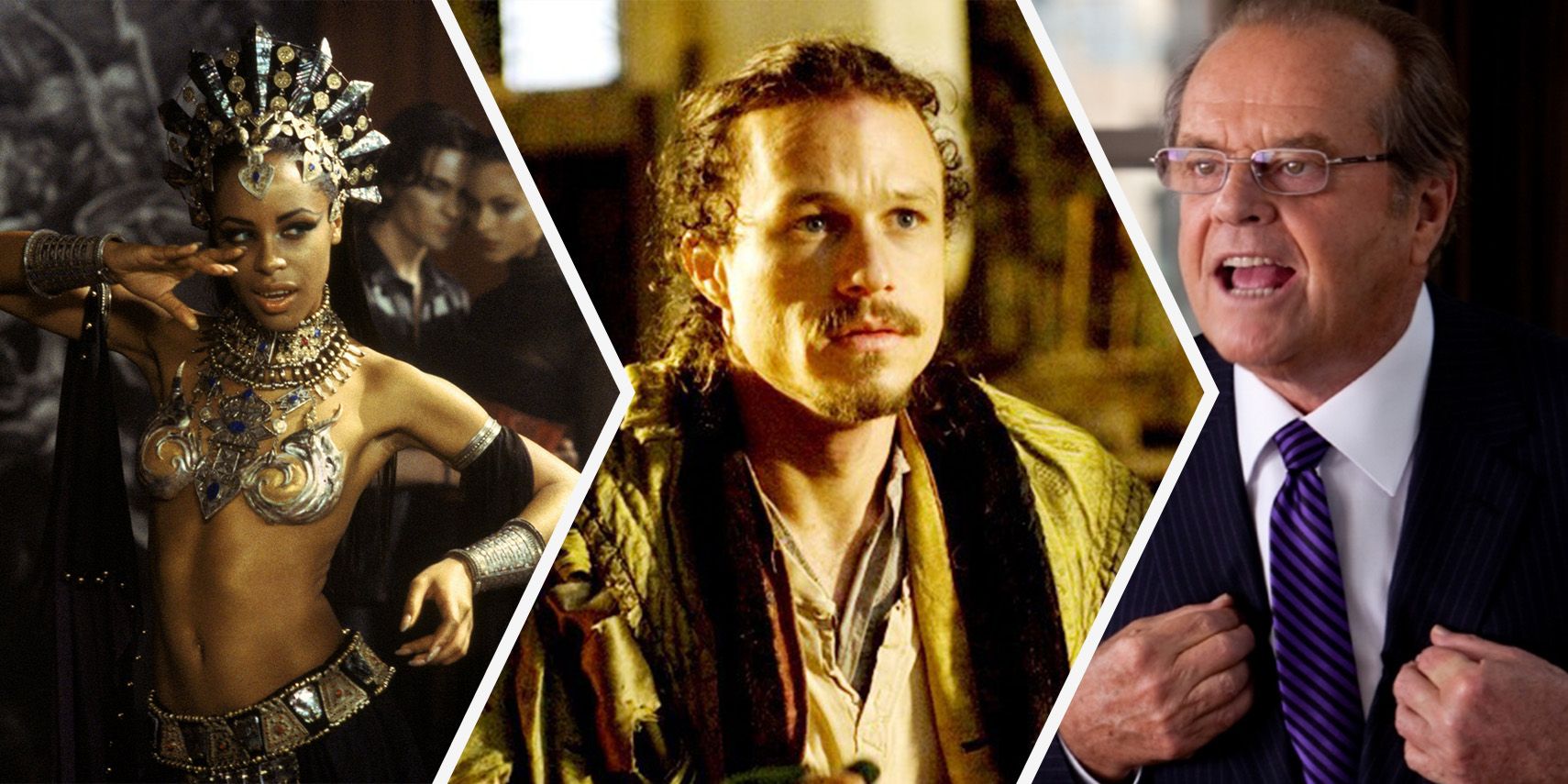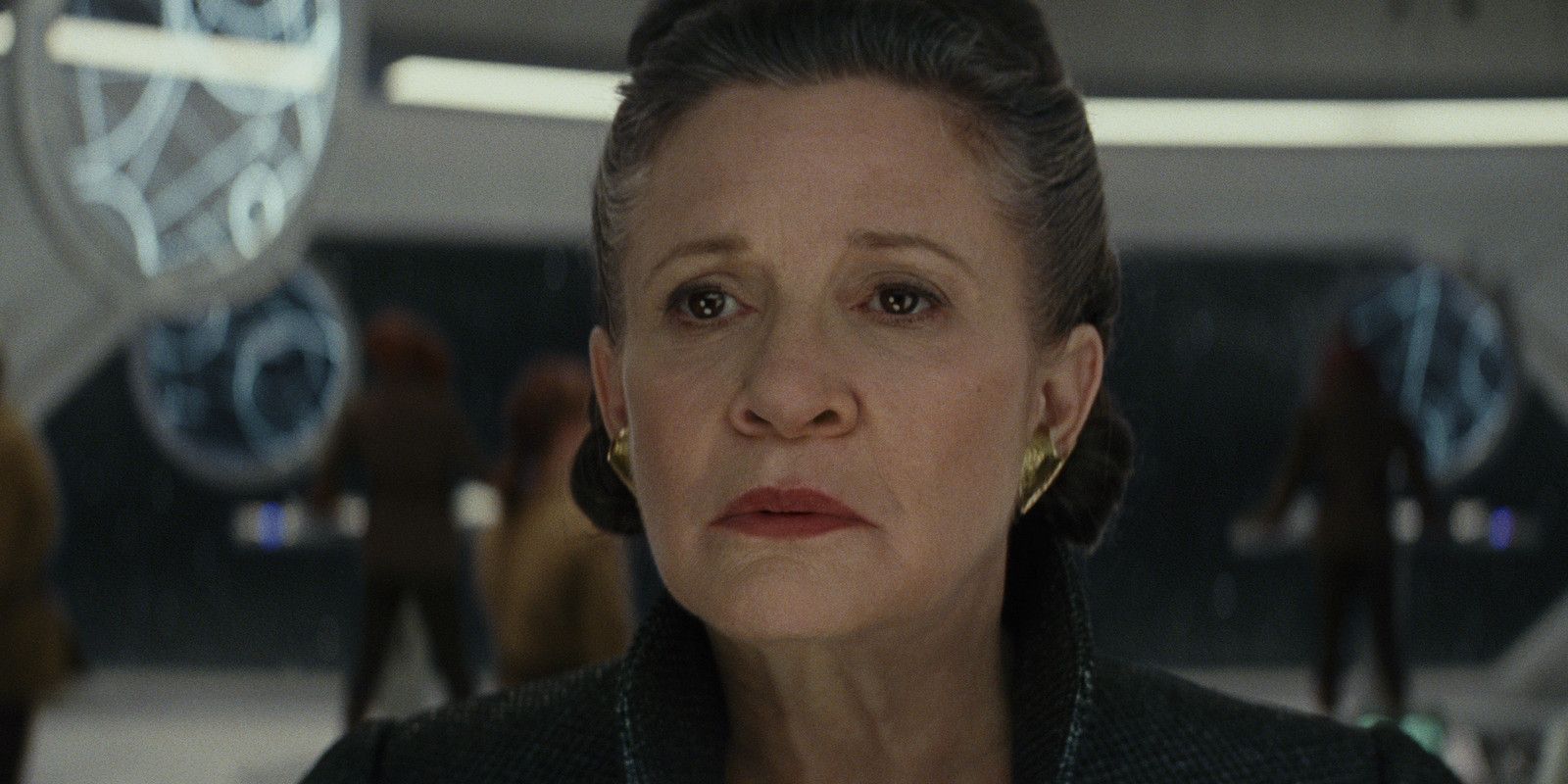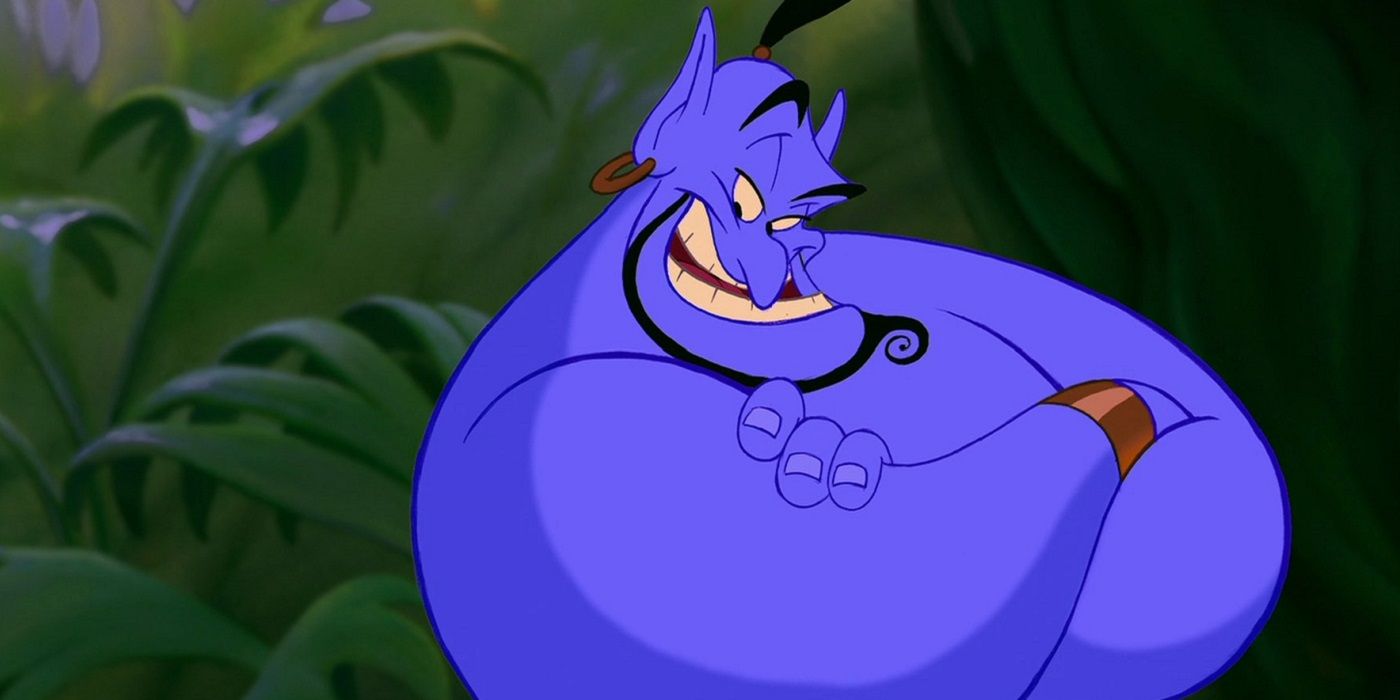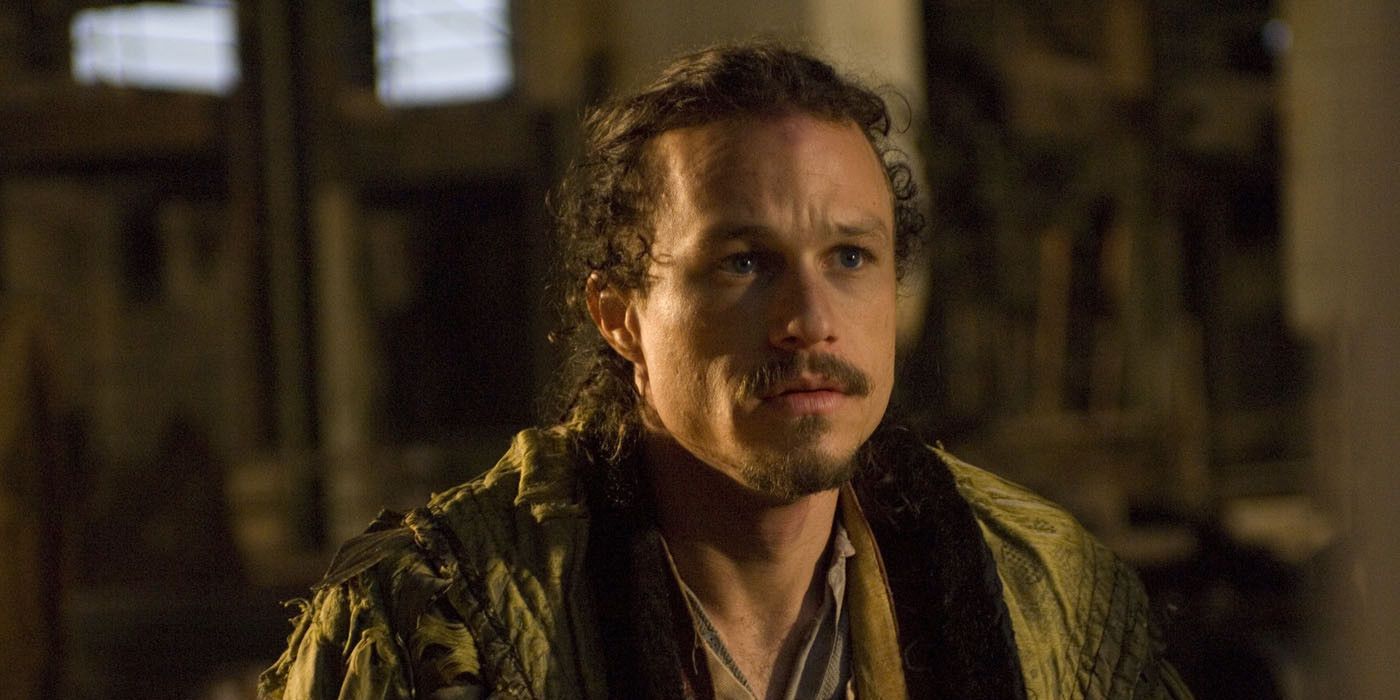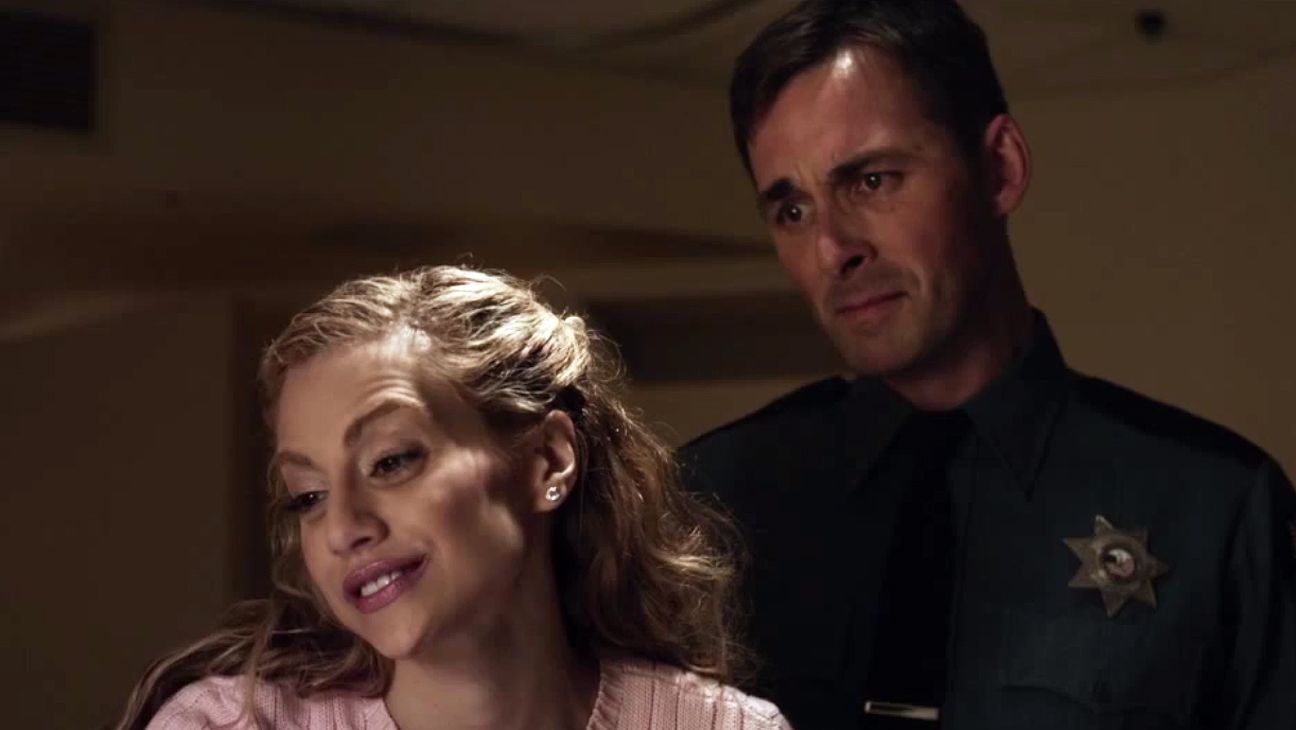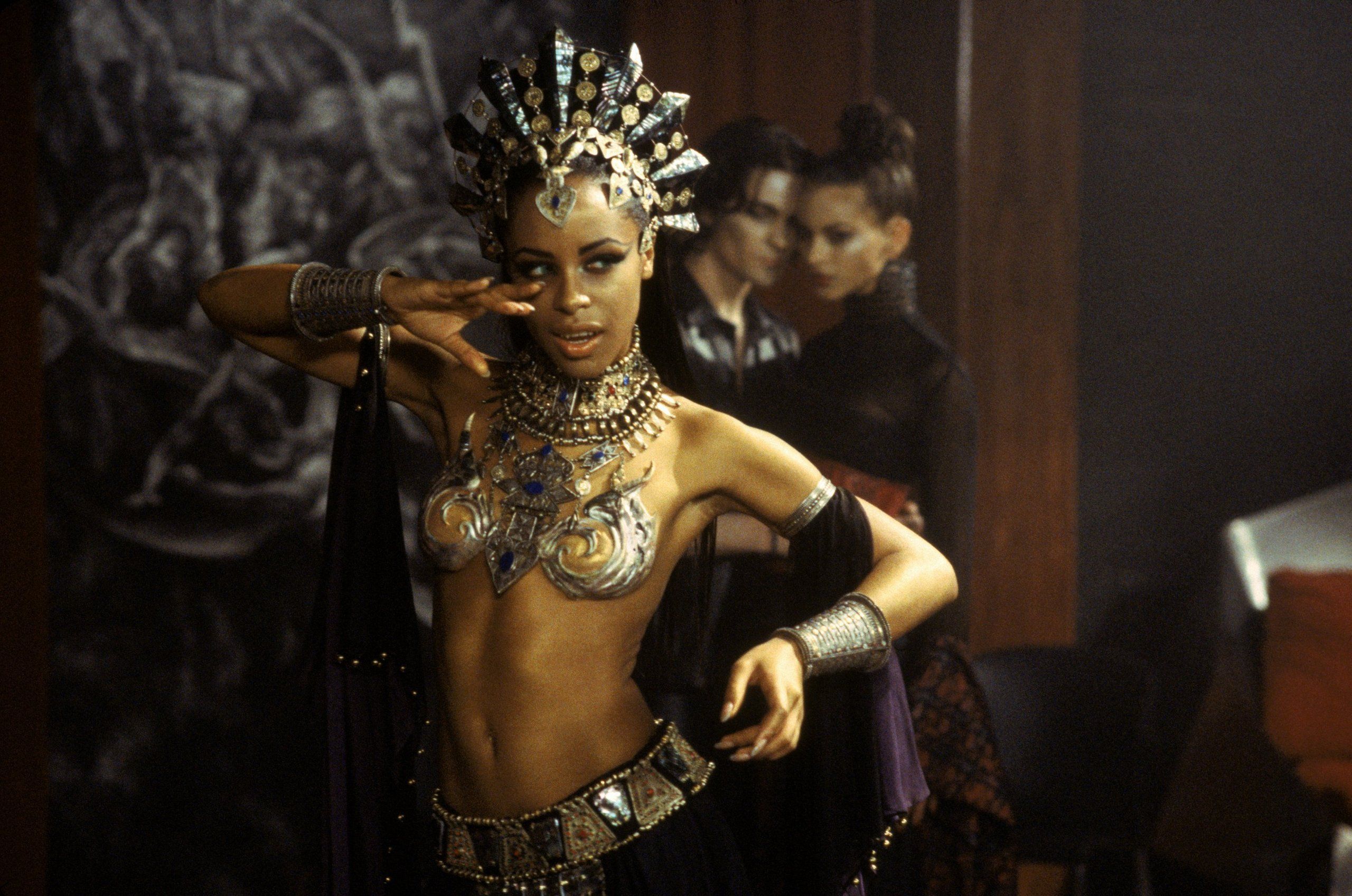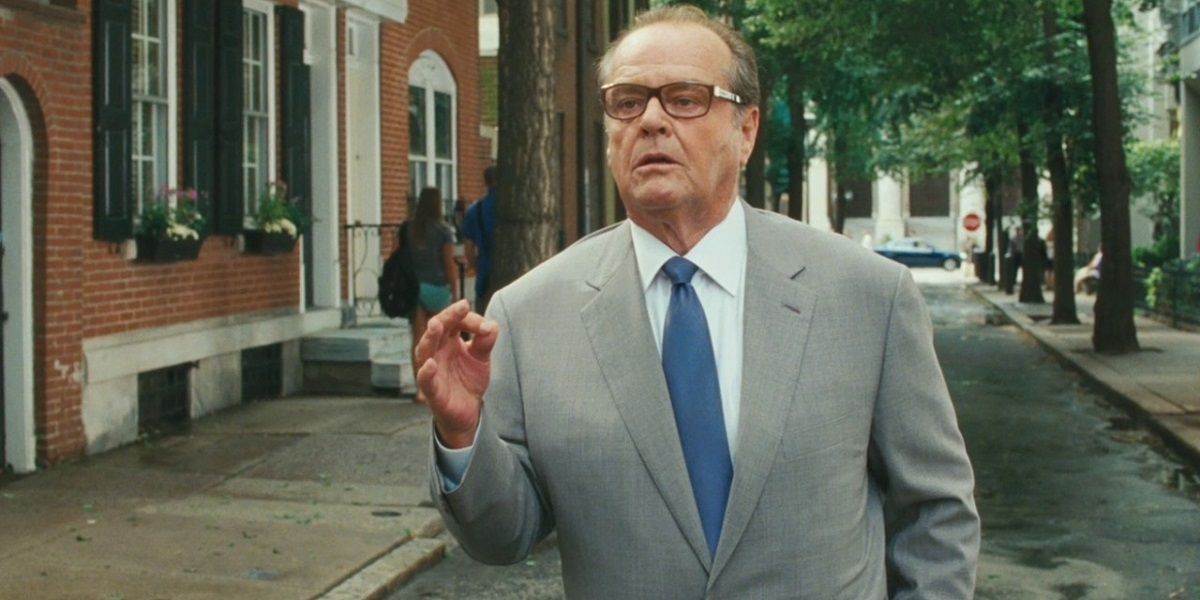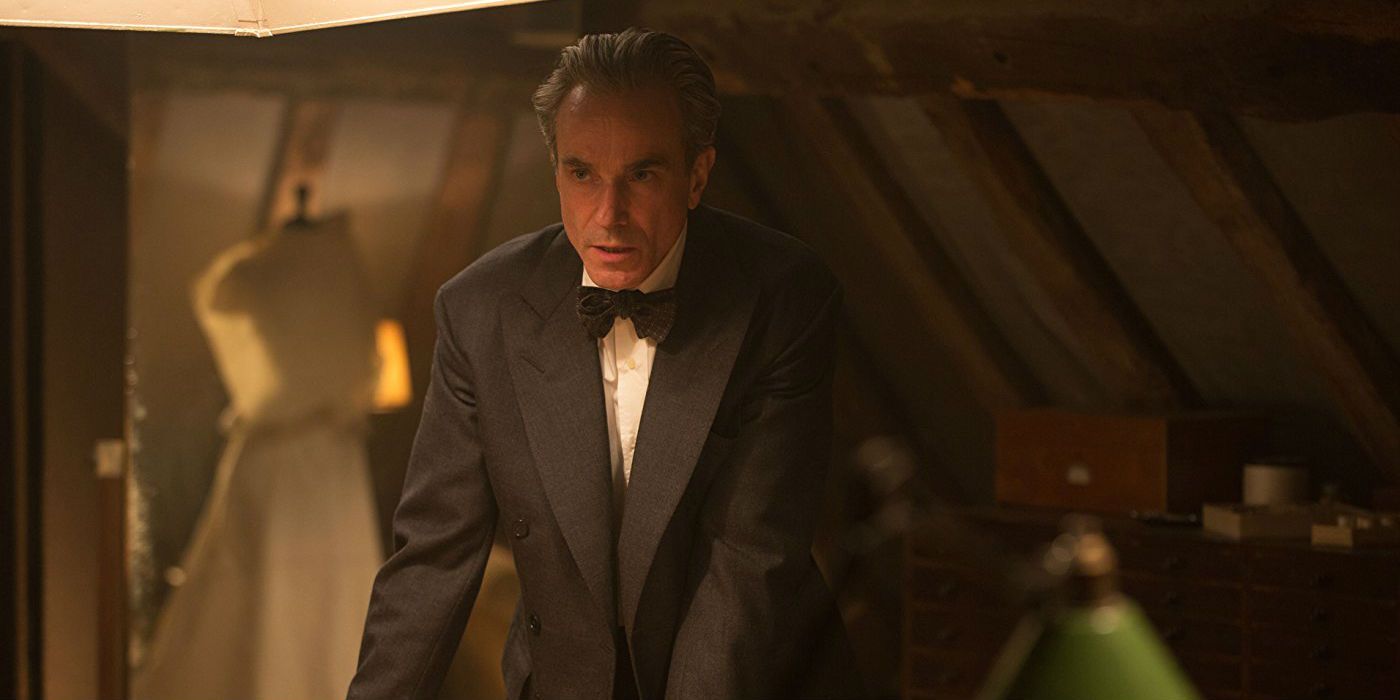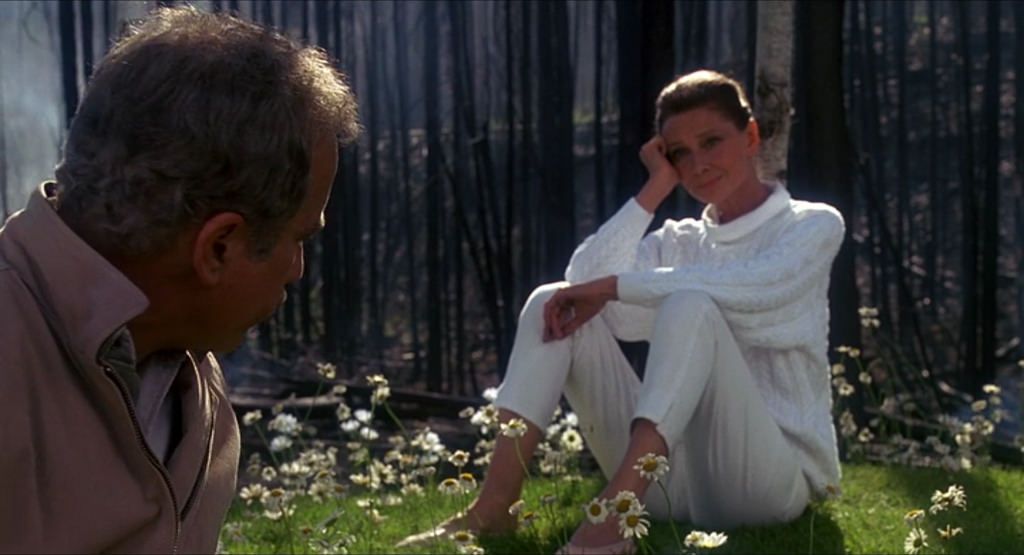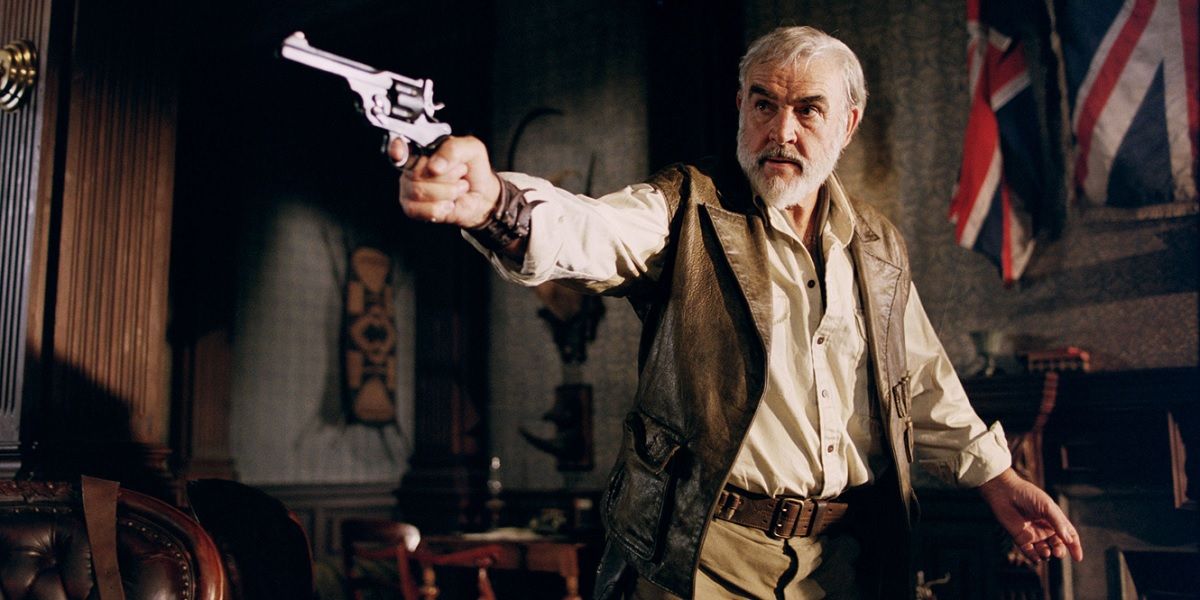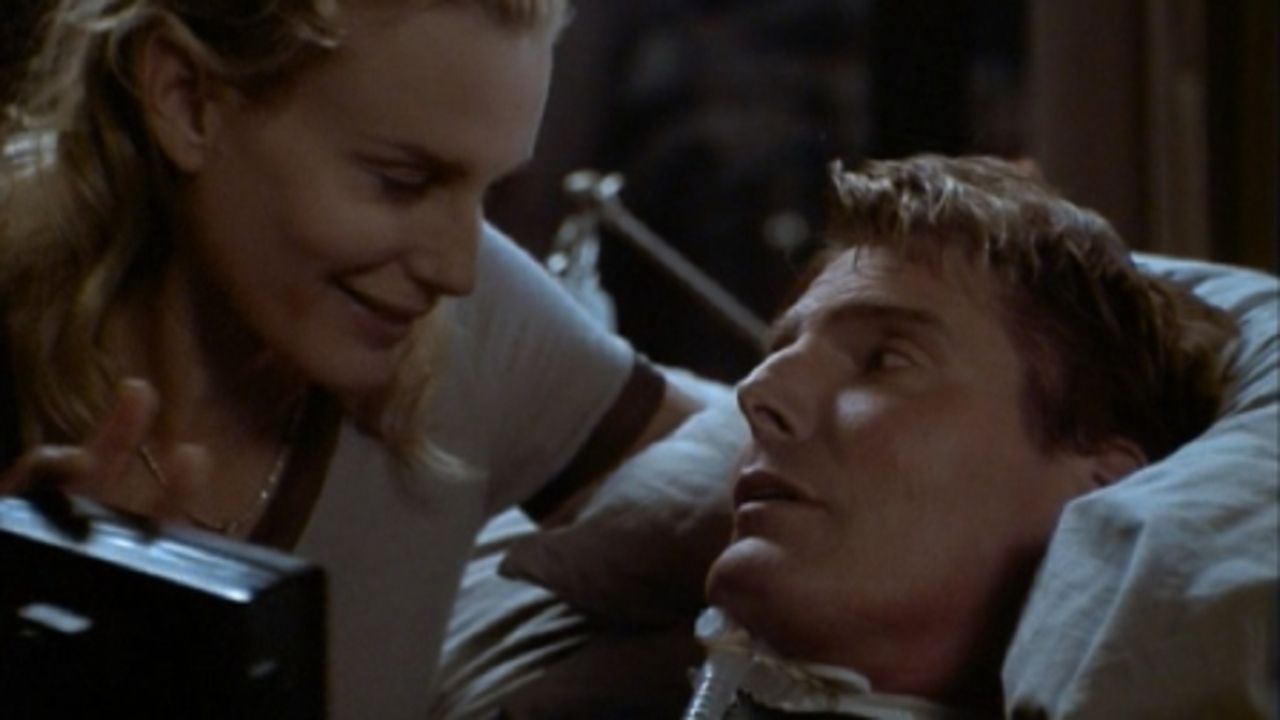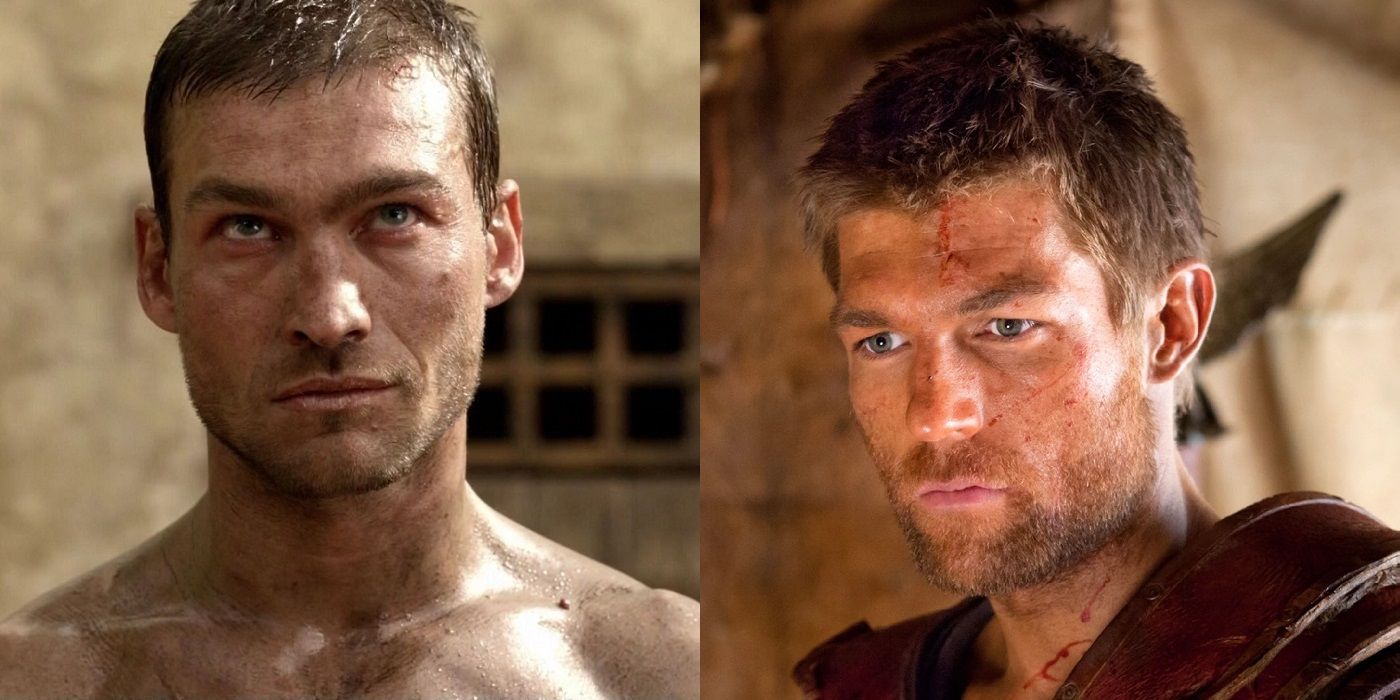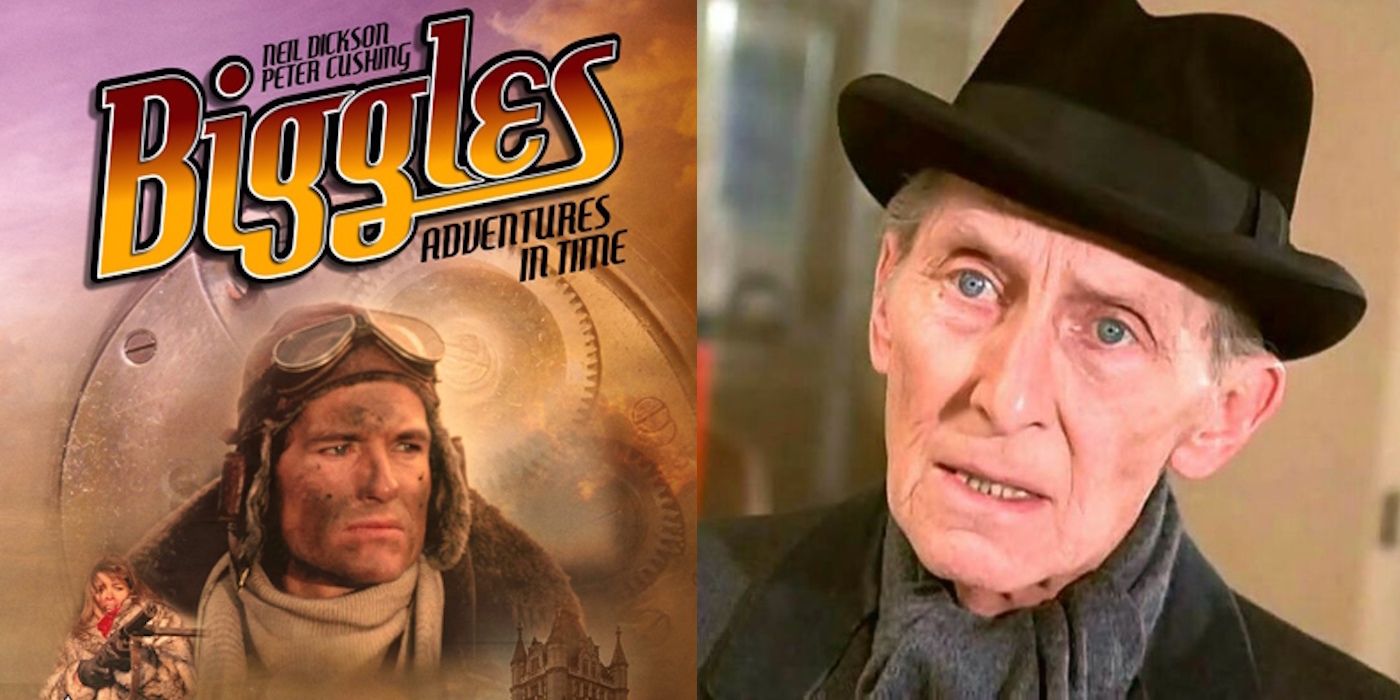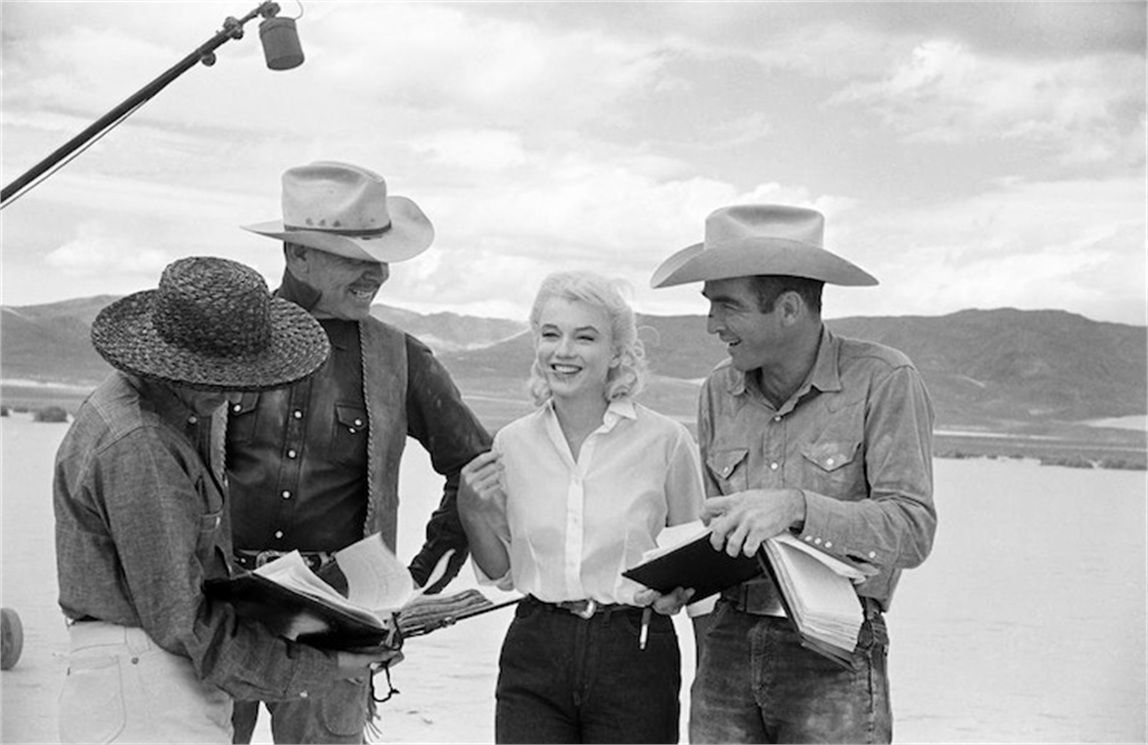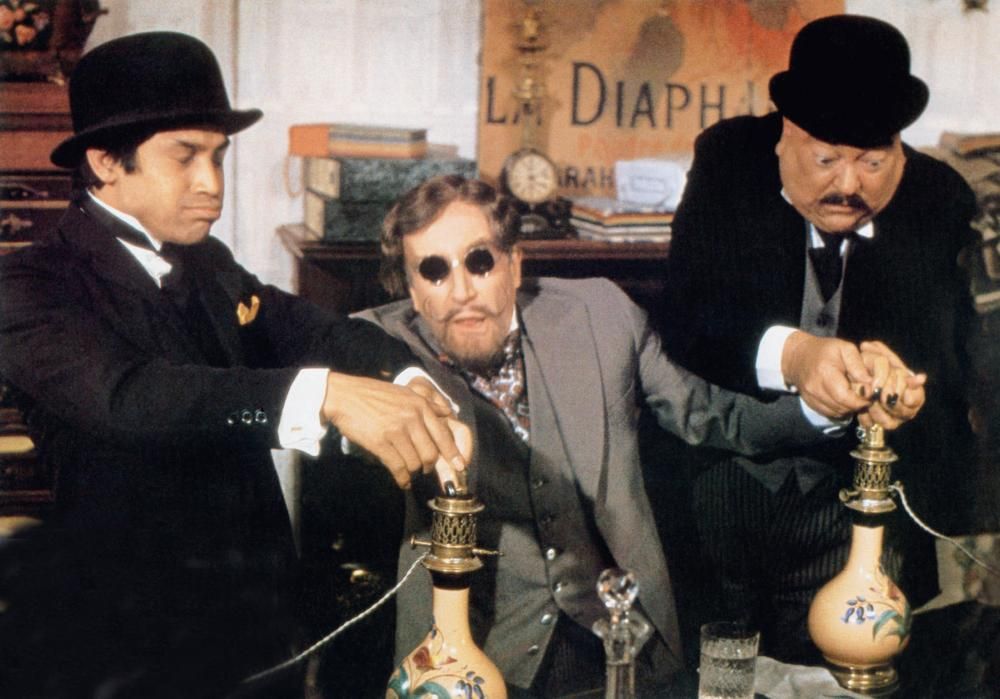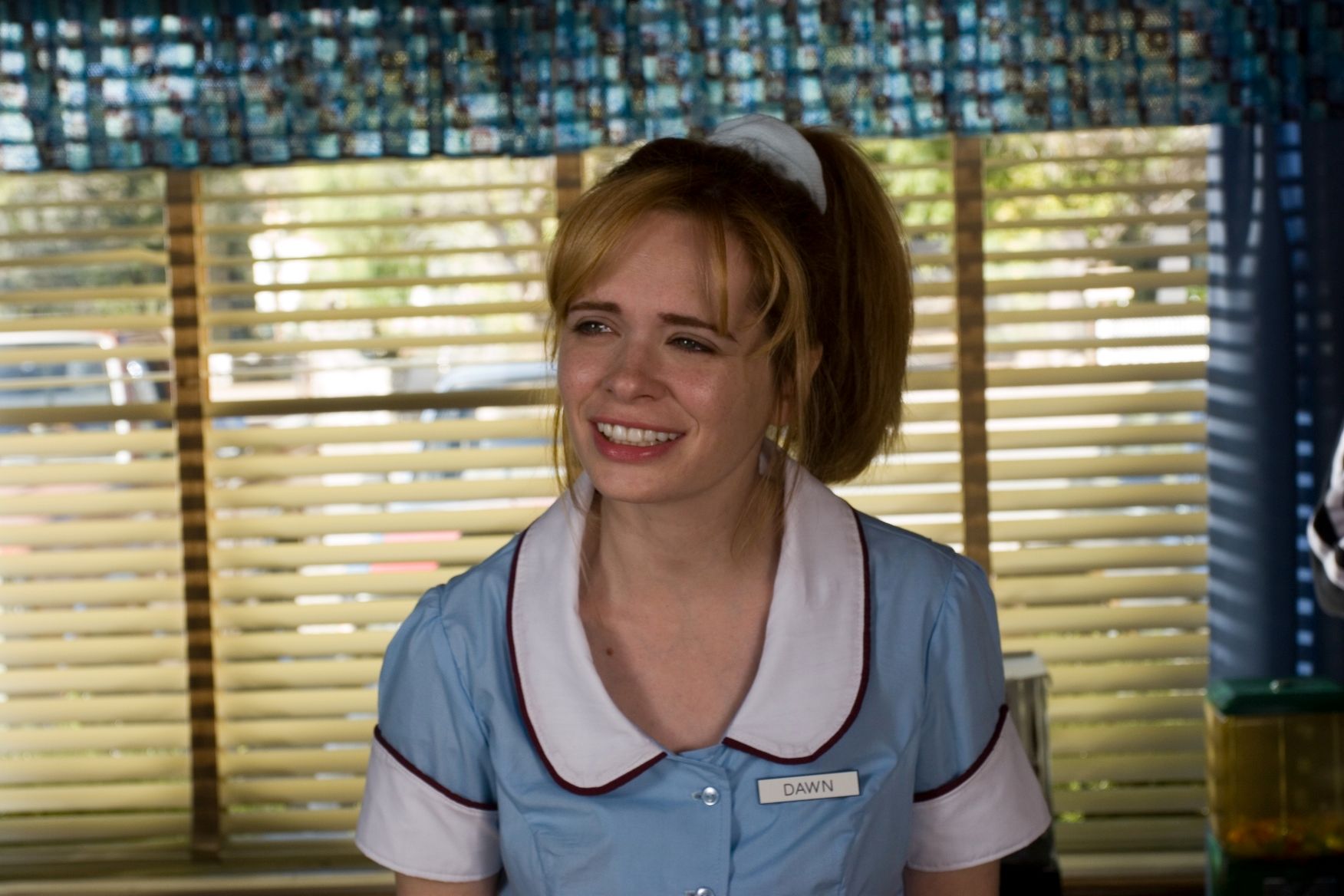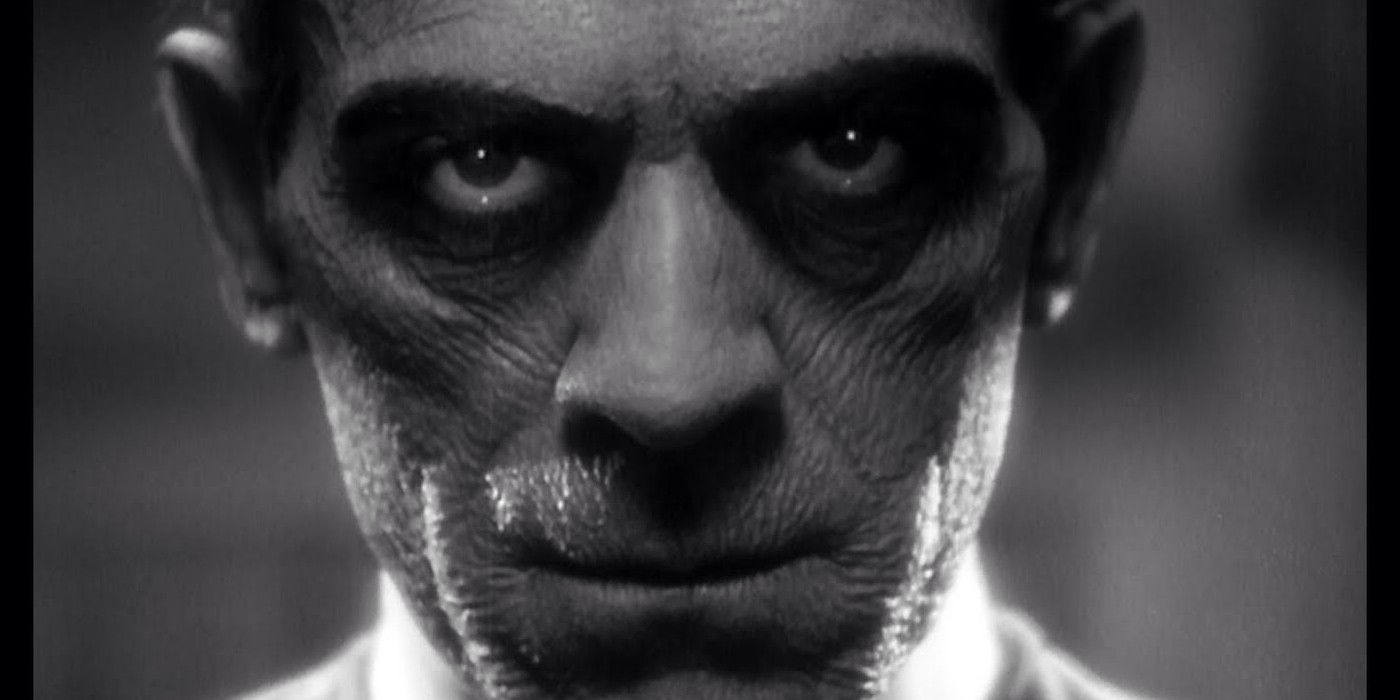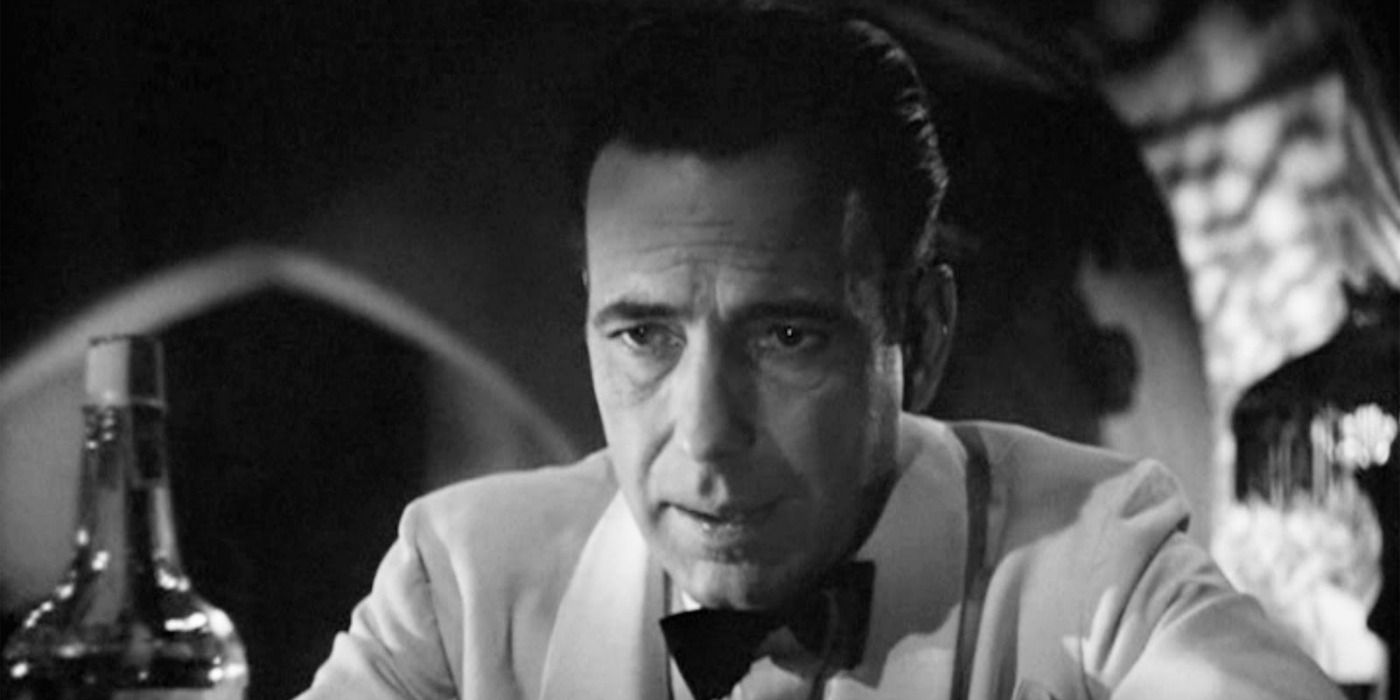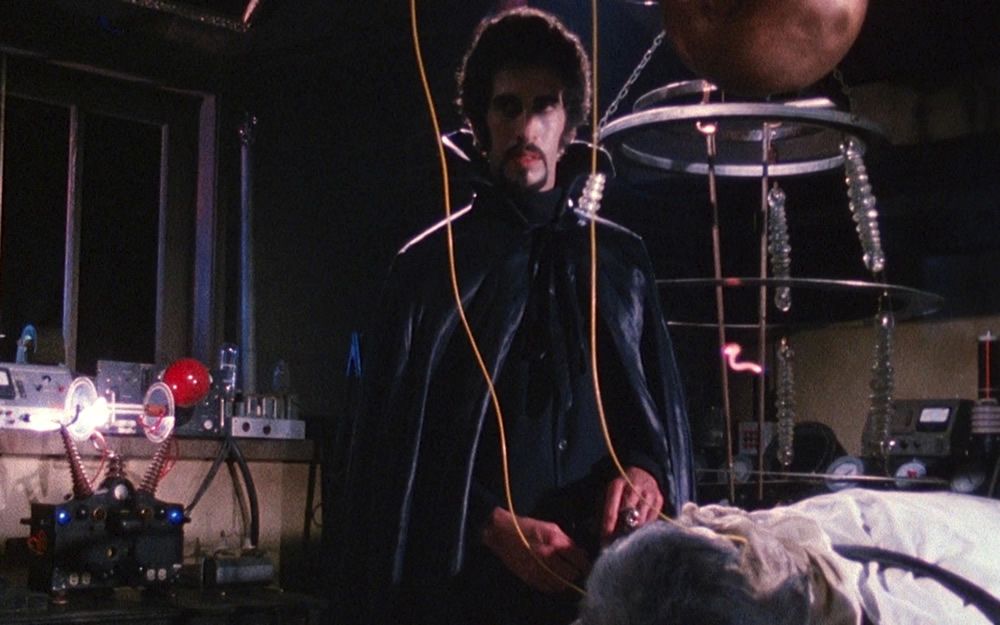It would be wonderful if talented movie actors could end their careers with a final film worthy of them.
Unfortunately, life isn't that wonderful. Even Hollywood's greatest actors have appeared in crappy films; statistically it’s inevitable that some actors’ last movies will be stinkers. It’s still depressing to see a great career end on a low note though.
Consider Bela Lugosi. The talented star of Dracula and other classic films, one of the actors who helped establish Universal’s original Dark Universe, he ended his career with a few brief seconds in the infamous Plan Nine From Outer Space. In a way, he was lucky: that film, by sheer awfulness, acquired cult status. Most bad final films are just embarrassingly bad, the kind nobody even wants to watch to laugh at.
But then there are actors who are lucky or careful enough to do better. They perform in something really good before they say goodbye to Hollywood, whether for the afterlife or for retirement. Or if the movie wasn’t good, at least they gave a strong enough performance they can ride into the sunset with their head held high.
In a long career, maybe one last film doesn't really matter, but there's still something arresting about a final performance.
Here are 9 Embarrassing Final Movie Roles For Great Actors (And 9 That Are Amazing).
Amazing: Carrie Fisher
Losing Carrie Fisher before she could film Star Wars: Episode 9 — reportedly planned as a Leia-centric film — is a blow. But at least she got to go out on a win, with a strong performance in a strong film, 2017’s The Last Jedi.
As one of the last remaining leaders of the dwindling resistance forces, Fisher shines. Confronted with Poe, Finn, and Rose’s determination to ignore orders and save the day, Leia seems torn between gruff disapproval and reluctant affection for the kids and their refusal to follow the rules (maybe she could see them rushing into her cell on the Death Star like her brother). On top of which Leia gets one of her rare moments to do something effective with the Force.
She’ll be missed, but we have a good farewell to remember her by.
Embarrassing: Robin Williams
Everyone remember what an amazing voice-over Robin Williams provided in Aladdin? Good, go watch that and avoid Williams’ voice role in the dreadful Absolutely Anything.
In the genre of “man gets cosmic power and screws up” films (e.g. Man Who Could Work Miracles, Bruce Almighty), aliens give protagonist Simon Pegg the ability to rework reality itself. That includes giving his dog the power of speech; Williams provides the voice and the dog spends the rest of the film mocking its master.
Depressingly Williams may not have been the only farewell in the film. Directed by Terry Jones, it reunited all the living Monty Python members for the first time since Monty Python’s Meaning of Life. It’s sad to think this flabby farce might end up being the team’s last hurrah as well as Williams'.
Amazing: Heath Ledger
Heath Ledger’s final role, in Terry Gilliam’s Imaginarium of Doctor Parnassus, almost died with him. Gilliam considered killing the film after Ledger’s death, but eventually decided to forge ahead.
Ledger plays Tony, a new member of Parnassus traveling carnival of wonders who convinces Parnassus to update his aging act. The Imaginarium is a magical theater in which patrons pass through a mirror into fantasy; while most of Tony’s real world scenes were complete when Ledger died, his adventures beyond the mirror were not. The solution: when Tony passes through the mirror he becomes someone else, such as Jude Law or Colin Farrell. The magical element let Gilliam get away with it.
Gilliam said this approach may have made the film more entertaining, but it would have been stronger had Ledger finished his part.
Embarrassing: Brittany Murphy
Brittany Murphy started her movie career with a win, as Tai in the 1995 hit Clueless, then followed it up with more than two dozen movies before her death in 2009. Out of all those films, it’s a shame her last had to be Something Wicked, which finally saw release in 2014.
The film’s plot concerns Christine, a woman targeted by a campaign of harassment ranging from mysterious messages to violent assault. Murphy has the thankless role that critic DB Behrendt summed up as "a therapist who spouts such unrealistic and poorly researched pop psychology soundbites that they stand out in a genre fraught with them.” The therapist even hand-waves away video evidence and suggests Christine’s imagining everything. Neither the film nor the performance gave Murphy a chance to go out in style.
Amazing: Aaliyah
R&B singer Aaliyah made only two films in her short 22 years of life: Romeo Must Die and The Queen of the Damned. In 2001, shortly after she finished shooting her scenes on the latter film, Aaliyah died in a plane crash, returning from the Bahamas to the United States.
Based on Anne Rice’s third vampire novel, Queen of the Damned has Lestat, now a rock celebrity, reawaken the vampire Queen Akasha (Aaliyah), incredibly ancient, incredibly powerful and incredibly bloodthirsty.
The film was nobody’s idea of great art, but reviewers described Aaliyah's performance as the film’s only “tragic creature comfort,” with “commanding physical presence." Despite the material, the role showed Aaliyah's potential and powerful charisma. We'll never get to see what she could have done with something really good.
Embarrassing: Jack Nicholson
How Do You Know was a rom-com that must have looked awesome on paper. Its cast included Reese Witherspoon, Jack Nicholson, Owen Wilson, and Paul Rudd. The writer-director was James Brooks, who directed Nicholson to Oscars in Terms of Endearment and As Good As It Gets. But the story of Lisa (Witherspoon), a retired softball player choosing between the two younger men, never caught fire.
Critic Roger Ebert said the script was at fault more than the actors. Nicholson as Rudd’s father, for instance, is given none of the underlying decency that redeemed some of his earlier antihero roles — he was simply an unlikable creep.
To date, that's Nicholson's last movie, though rumors are flying that he'll be back on screen soon. Then again, those rumors have flown before.
Amazing: Daniel Day Lewis
Triple Best Actor Oscar winner Daniel Day-Lewis has announced that his latest film, The Phantom Thread, will be his last. Why? Day-Lewis has said he’s not sure, but “the impulse to quit took root in me, and that became a compulsion. It was something I had to do.”
Assuming he sticks to that decision, he showed good judgment in his choice of final role. Day-Lewis plays Woodcock, a tightly wound, self-absorbed dress designer in 1950s London, who has to adjust his ordered life as he becomes involved with Alma, a waitress.
The movie has garnered highly favorable reviews, and even critics who didn’t like it consider Day-Lewis’s performance the stand-out element. His last role should add to the luster of previous performances (My Left Foot, There Will Be Blood, Lincoln) rather than subtracting from it.
Embarrassing: Audrey Hepburn
Before her death from cancer in 1993, Audrey Hepburn retired from the movies and devoted herself to humanitarian work. Her fans got to see her onscreen one last time in 1989 — unfortunately it was in Always.
Steven Spielberg conceived the film as a remake of A Guy Named Joe, about a dead WW II pilot who has to coach his replacement from beyond the grave, even though the new guy also falls for Joe’s girl. The remake was set in the present day, so instead of WW II heroism, the ghost — mentored by heavenly agent Hepburn — is an aerial fire-fighter. The premise didn’t generate the same drama and Brad Johnson as the new pilot showed all the charisma of an ironing board.
Hepburn was charming, but that wasn't enough to save the film.
Amazing: Sean Connery
Sean Connery is another actor who’s retired, so possibly League of Extraordinary Gentlemen won’t be his last film after all. But to date, his 2003 turn as legendary hunter Allan Quatermain remains his swan song.
The film adapted Alan Moore’s comics series about various 19th century characters, such as Captain Nemo, Quatermain and the Invisible Man, joining forces as a prototype superhero team. It reworked a lot of Moore’s material, but not for the better: Quatermain, a shattered drug addict at the start of the series, is simply a gruff retiree in the film.
Connery, though, retains his power and intensity as a lion in winter. He doesn’t make up for the flaws in the film, but his screen presence shows why he stayed a star for so very long.
Embarrassing: Christopher Reeve
Using Christopher Reeve in a TV remake of Hitchcock’s Rear Window must have seemed like a stroke of genius.
It’s hard to justify remaking an Alfred Hitchcock classic and the original Rear Window certainly qualified as one. That 1954 film starred Jimmy Stewart as a man sidelined by a broken leg, voyeuristically watching activity in his apartment complex and witnessing on a possible murder. But what instead of Stewart, you had Reeve - a genuine paraplegic - Forced into the same voyeuristic position as Stewart by his paralysis?
Any potential in that concept didn't materialize. Critics thought the film lacked Hitchcock’s flair and focused too much on medical issues instead of suspense or character. Reeve would go on to a guest role in Smallville but Rear Window was his last film.
Amazing: Andy Whitfield
Like Aaliyah, Andy Whitfield’s career was short but memorable. Unlike Aaliyah, his final role wasn’t on the big screen but the small, as the star of Starz’ Spartacus.
The Welsh-born actor had worked in Australia, where he won the part of Spartacus, the gladiator who organized a slave revolt against Rome. After the success of Spartacus: War of the Damned, he seemed poised for bigger things.
Instead Whitfield spent 18 months grappling with non-Hodgkins lymphoma. In the end, the disease won, and he died in 2011. Hodgkins allowed a documentary filmmaker to record his battle with the disease in a documentary, Be Here Now, which received glowing reviews.
Fans who’d rather see more of his acting were out of luck. He was only able to contribute a small voiceover to the prequel series Spartacus: Gods of the Arena.
Embarrassing: Peter Cushing
For a generation of horror fans, Peter Cushing will always be Hammer Film’s malevolent Dr. Frankenstein and their heroic Professor Van Helsing. For a later generation of movie goers, he remains, first and foremost, Grand Moff Tarkin commanding the Death Star. It’s unlikely anyone of any generation will remember him for Biggles.
The only film based on W.E. Johns’ dozens of novels about daredevil pilot Biggles, it doesn’t do right by its title character or anyone else involved. The plot involves Biggles’ present-day “time twin” getting yanked back to WW I whenever Biggles is in peril and eventually helping him destroy a German super-weapon. Cushing plays a British official who blithely assures the protagonist that none of this is unusual. Too bad none of it is good, either.
Amazing: Marilyn Monroe
Marilyn Monroe struggled all her life to be taken as a serious actor, not just a hot starlet. She proved her talent repeatedly, including in her final film, The Misfits, which was also the swan song for Clark Gable. Gable is one of a band of cowboys planning to capture some mustangs and sell them to a dog-foot manufacturer. Monroe is a divorced woman who tries to save the horses.
Monroe, who’d grown up worshipping Gable, was initially terrified of working with him. Happily, he treated her with consideration. Unfortunately the film was still a stressful experience. Monroe’s husband Arthur Miller kept rewriting her lines, their marriage was heading to a crack-up and Monroe needed increasing doses of drugs to keep going. She would die less than a year later, though Gable passed first.
Embarrassing: Peter Sellers
Peter Sellers’ gentle satire Being There would have made a perfect finish to his career. But then Sellers kept acting. Although he only made one more bad film before his death, it was a whopper.
The Fiendish Plot of Dr. Fu Manchu has Sellers playing both the evil Chinese mastermind Fu Manchu (in yellowface) and the villain’s arch-foe Nayland-Smith (not in yellowface). Set in the 1930s, it seems to be a parody of the Fu Manchu thrillers, except for the complete lack of anything funny. The finish has Fu Manchu destroying the West by creating rock-and-roll, a wildly outdated idea for a 1980 movie.
Possibly Sellers is just bad at parodying classic adventure — his earlier remake of Prisoner of Zenda wasn’t good either.
Amazing: Adrienne Shelly
2007’s Waitress was a sweet, hopeful comedy starring Keri Russell as a waitress/baker struggling to break free from a miserable marriage and start over. It was written and directed by co-star Adrienne Shelly, a veteran of close to two decades worth of indie films, and it also featured Shelly's performance before she was murdered.
Initially, when police found Shelly hanging in her bathroom, they wrote it up as suicide. Eventually it turned out a construction worker murdered her and staged the suicide to cover it up.
Although Waitress marked Shelly’s last film as a director and actor, her scriptwriting career ran a while longer. She'd already written the script for Serious Moonlight (2009) and in 2016, her script for Waitress became the basis for a Broadway musical.
Embarrassing: Boris Karloff
Playing horror star Byron Orlocks in 1968’s Targets should have been the perfect finale to Boris Karloff’s career. It’s a good performance and a neat character study as Orlocks ponders whether old-school horror has any merit in a world of serial killers and random shootings.
Unlike Orlocks, however, Karloff couldn’t turn down a part. After making Targets, he went on to make four dreadful low-budget films in Mexico, all of them dreadful. The final film, House of Evil, starred Karloff as a dying toymaker whose creations attack his family after his death. It didn’t even play in the US until a decade later.
While Karloff eclipsed Lugosi as a horror star, at least Plan Nine has a so-bad-it’s-amazing quality. Nobody’s ever said anything that nice about House of Evil.
Amazing: Humphrey Bogart
Humphrey Bogart never failed to give a good performance, even in dreadful films such as The Return of Dr. X (Bogart’s only horror movie). Not even throat cancer could stop Bogart turning in an excellent last role in 1956’s The Harder They Fall.
Bogart played Eddie, a hard-up journalist who takes money from a crooked fight promoter in return for hyping the career of a third-rate boxer. Among the many films about boxing and the corruption that went with it, this was one of the most cynical about how the fights were rigged. The role of Eddie, a weasel who eventually redeems himself, was a natural for Bogart and he played it well.
The cancer killed him a few months after finishing the film.
Embarrassing: Lon Chaney Jr.
Lon Chaney Jr. is the only actor to have played all of horror's Big Four — Wolfman, Frankenstein's Monster, the Mummy and Dracula. He also established himself outside horror films with his turn as Lenny in Of Mice and Men. Typecasting and Chaney's struggles with alcohol led his career on a downward spiral that ended in the bottom of the barrel, with Dracula vs. Frankenstein.
Originally titled The Blood Seekers, the film had a wheelchair-bound scientist, assisted by Chaney, brewing up a miracle formula from the bodies of murdered women. Producer Al Adamson decided that wasn't enough of a hook so he added a new plotline, revealing the scientist is actually Frankenstein's descendant. At Dracula's command, he resurrects the Frankenstein monster, a ludicrous hulk with a head like a giant dried apricot. Chaney, like Karloff and Lugosi, deserved better.
---
What's favorite final performance from an actor? Let us know in the comments!

